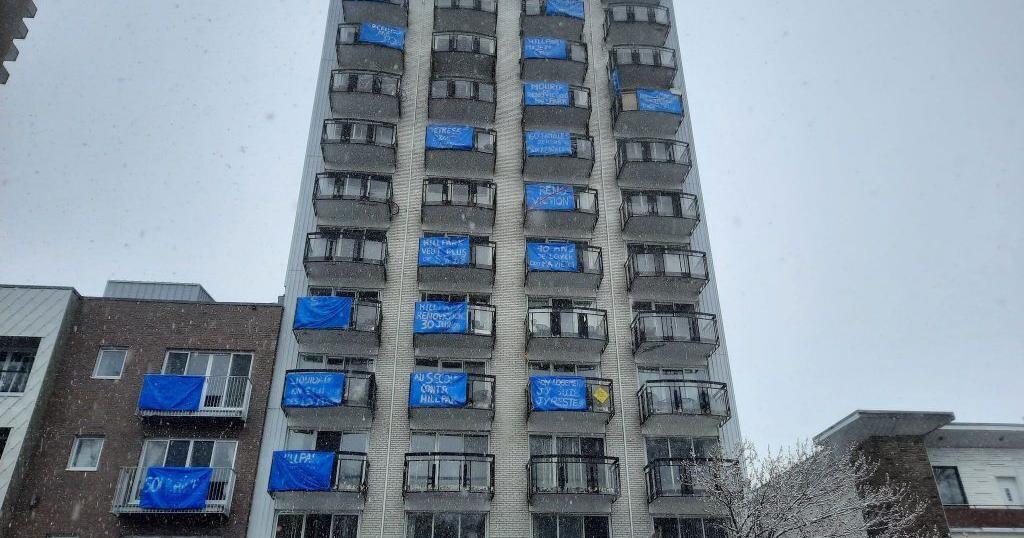Know your eviction rights campaign begins | City News
Thousands of Montrealers will soon begin receiving eviction or repossession notices for July 1, and the City is rolling out an awareness campaign to better inform them of their rights and the resources available to them.
The campaign launched on the city’s social networks and Montreal.ca reminds tenants of the importance of protecting themselves in the face of a continuing shortage of affordable housing and some tenants may find it difficult to assert their rights due to the complexity of the legal framework.
“We ask landlords to respect the rules of housing law. This is what the majority of them do and we thank them for it,” declared Benoit Dorais, vice-president of the city’s executive committee. “However, a minority of landlords do not follow the rules, which has significant impacts on the lives of their tenants. Our administration is strongly committed to supporting tenants through multiple initiatives,” he adds, and informing them of their rights is an essential step in protecting affordability in Montreal.
In recent years, the City and its boroughs have redoubled their efforts to protect affordable rental housing, including rooming houses, from the increasingly widespread phenomenon of renovations. Last winter, the city also unveiled the Responsible Landlord certification project to better protect tenants, with rollout scheduled for 2023.
Côte des Neiges Councilor Magda Popeanu told the Suburban earlier this month that “in our borough, the fact that 73% of the population lives in rental housing and the residential stock has come under heavy speculative pressure worsened the living conditions of residents. .”
She says that to preserve affordability by preventing renovations, every legal lever available to the administration was used “by enacting regulations that limited the loss of affordable rental stock.” This includes regulations prohibiting short-term rentals (AirBnB) in most of the borough, prohibiting the expansion or subdivision of housing, and regulations protecting rooming houses and residences for the elderly.
Popeanu says responsible landlord certification has proven itself in Toronto “and should lead to a culture of preventative maintenance among landlords, which will translate into better living conditions for tenants.” In addition, major renovations, which are another cause of renovations, will be predictable” and under the control of the borough.
In the meantime, the City says it will continue to work with the Quebec government to find the best solutions to better protect tenants.
To find out about the resources available in your neighborhood, call the Regroupement des committees logement et associations de tenants du Québec (RCLALC): 514 521-7114 or the Front d’action populaire en réménagement urbain (FRAPRU): 514 522-1010
For more information, visit
Administrative Housing Tribunal (TAL) https://www.tal.gouv.qc.ca/
Educaloi: https://educaloi.qc.ca/categories/logement/
FRAPRU: https://www.frapru.qc.ca/member-type/comites-logement/


Comments are closed.